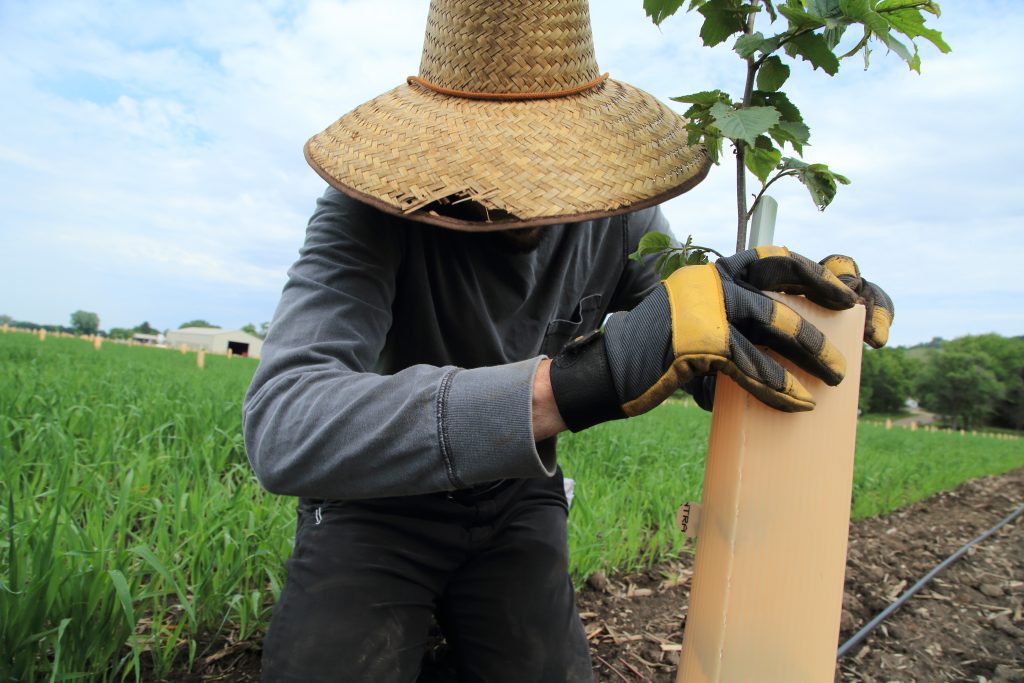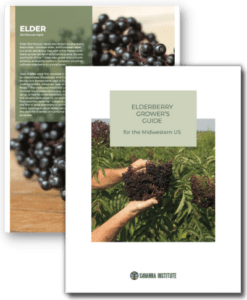Keeping you informed with perennial farm resources
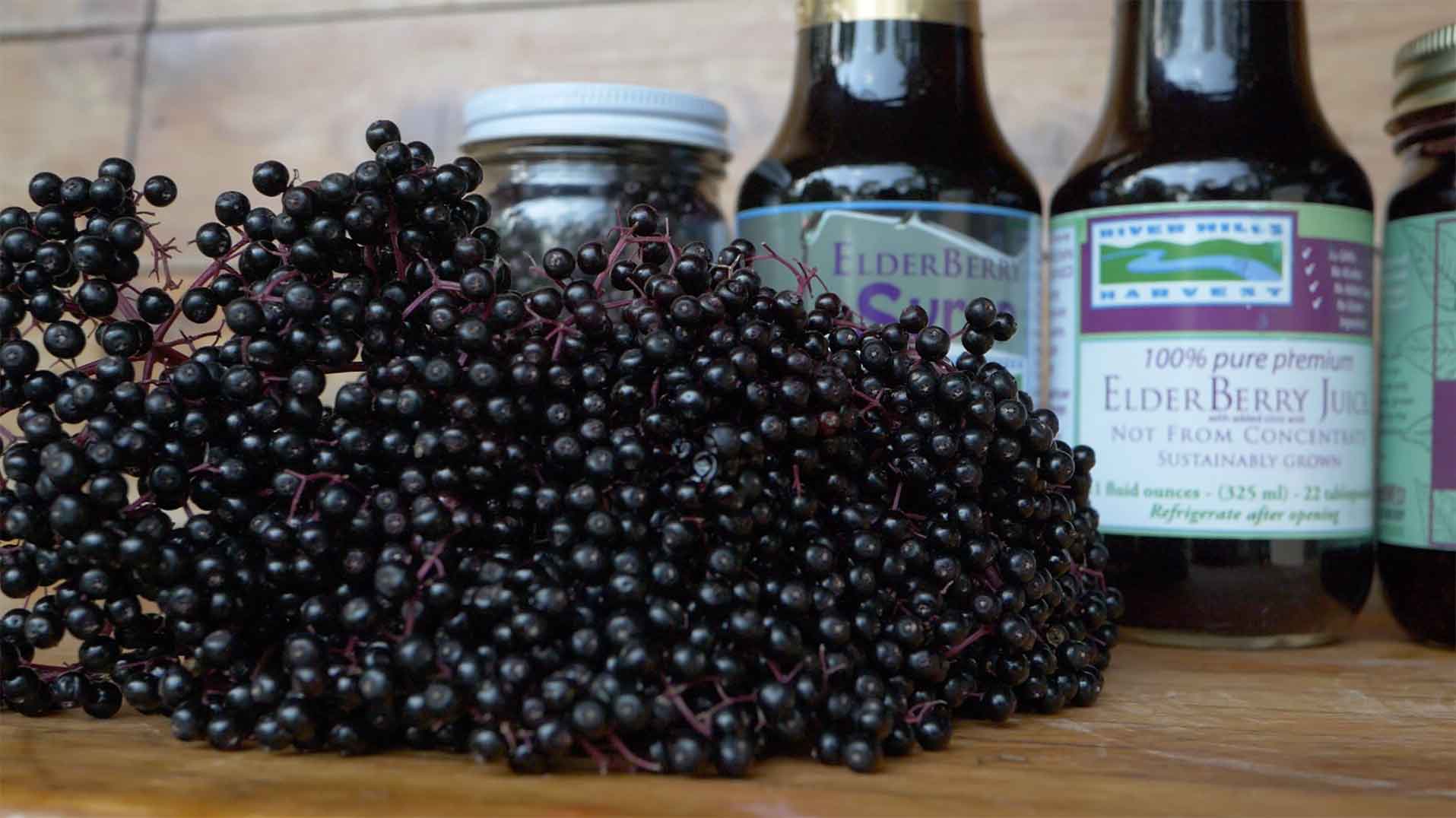
Latest Reports
Most Requested Resources
Interest in agroforestry is growing across the Midwest. Check out Savanna Institute’s popular free infosheets about agroforestry. Our most requested resources are related to the key agroforestry practices and choosing perennial tree crops.
Perennial Pathways Planting Tree Crops
- A comprehensive, 110-page guidebook to designing and installing farm-scale edible agroforestry
- Indispensable for new agroforestry farmers throughout the stages of farm startup
- Available as a free PDF download and also as a book shipped directly to you for $26
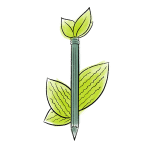
Agroforestry Education Collection
Expanding opportunities to learn and engage with regenerative agriculture
To grow agroforestry in the Midwest, we are working to build the educational and outreach tools needed to reach people who want to plant trees for the climate, for food security, and for legacy.
Long-term Lease Resources
Practicing agroforestry requires long-term access to land. This collection of land access and landowner scenarios from some of the Midwest’s perennial farmers offers answers to key questions for agroforestry planning.
Download the resources to think through your own unique land access approach.
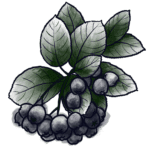
Growing Midwest Berries
Resources for growing perennial fruit shrubs
Shrub crops are a relatively easy entry point for farmers wishing to explore agroforestry. Elderberries and black currants are two hardy perennial crops that bear fruit in the second or third year after planting.
Download the Grower Guides to learn more about growing elderberries and black currants.
Impact Investment Plans
What will it take to catalyze agroforestry in the Midwest?
The Savanna Institute has talked with experts across the value chain about the top ten bottlenecks for the Midwest Hazelnut and Eastern Chestnut industries. Our Impact Investment Plans help Midwest farmers and businesses understand how they can access opportunities available in these promising perennial crop markets.
Download the free reports to learn more.
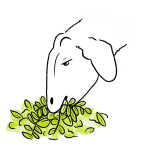
Silvopasture Research
Livestock Impacts on Silvopasture Tree Establishment
Silvopasture is the integration of livestock, forage, and trees in one farming system. To answer fundamental questions faced by farmers practicing silvopasture in the Midwest region, the Savanna Institute tested three production methods at four partner farms. Learn more in this research brief.
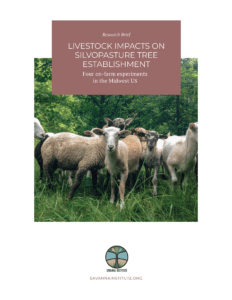
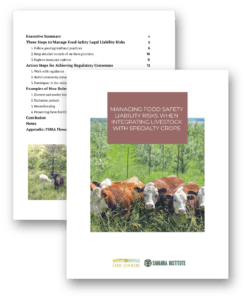
Food Safety in Silvopasture
Livestock are often viewed as a liability when it comes to food safety on farms. However, they are also key to making farms function more as healthy ecosystems. Livestock can be used in agroforestry systems for clearing weeds, controlling insects and pests, scratching and digging to prepare ground for planting, spreading and cycling nutrients through excretion, and cleaning up fallen nuts and fruits. Learn more about managing risks in this guide.
Do you have a question?
Ask an Agroforester
Our partners at Canopy Farm Management, based in Illinois and Wisconsin, have perennial plant material available through its bare-root nursery. When you purchase through Canopy, a portion of the sales help to support Savanna Institute’s nonprofit mission. For more nurseries in your area, check out this National Nursery and Seed Directory.
The plants you choose will depend on the natural resources on your land and your farm goals. Timber trees require low investment and minimal ongoing maintenance over a longer period of time ranging 20 to 50 years depending on species. Fruit and nut trees require higher initial investment and establishment maintenance, but can provide annual returns once established (approximately 5 to 10 years depending on species). Additional shrubs and crops can be planted within the tree rows between tree species. Learn more about perennial crops.
The Savanna Institute runs demonstration farms in Central Illinois and Southern Wisconsin. We also have partners in Michigan and Minnesota who share their farms for educational events. Our demonstration at Silverwood Park in Wisconsin is open to the public, and the rest are open during events and by appointment only. Learn more about our demonstration farms.
